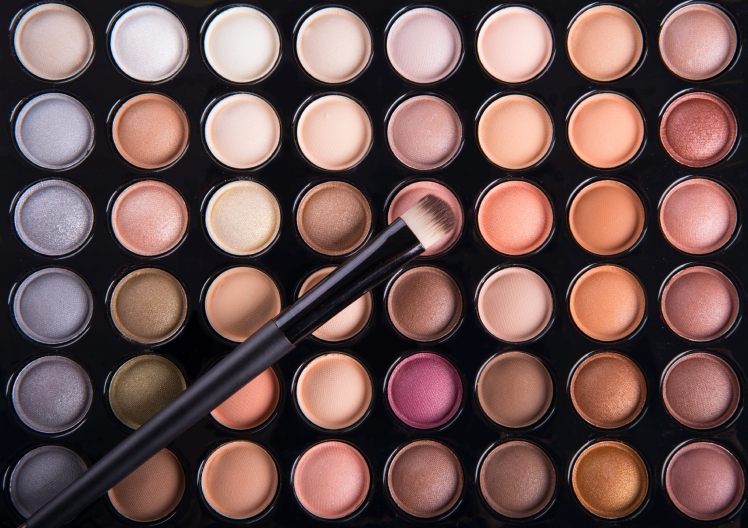
By Heather Widdows
My new book, Perfect Me! Beauty as an Ethical Ideal, is currently in press with Princeton UP. The salon will draw on my arguments in this book and my personal experience of beauty for a wide-ranging conversation.
In Perfect Me! I argue that the beauty ideal is changing. Beauty is becoming more important, and as it does so the beauty ideal is transforming into an ethical ideal. That appearance matters in a visual and virtual culture should not be surprising. Yet the extent to which beauty matters, defines meaning and identity, constructs the self, structures daily practices and against which individuals are valued (or not) is not well recognised. In Perfect Me! I will show that whatever else beauty is, it is serious stuff. I consider possible readings of ‘perfect me’: an aspiration to become perfect; a statement about the nature of perfection; and a command, ‘Perfect Me!’, to be obeyed.
There are four main arguments of Perfect Me!:
- First, that the beauty ideal is increasingly manifesting as an ethical ideal. The beauty ideal sets standards to aspire to and presents working towards such standards as almost a moral duty. It provides a shared value framework against which individuals judge themselves morally good or bad. It is constitutive of identity and provides meaning and structure individually and collectively. Praise, blame and reward are apportioned in accordance with it. Finally, engagement is virtuous, and failure is a moral vice engendering shame and disgust. It is important to note that my claim is that in practice the beauty ideal is, and is functioning as, an ethical ideal for very many people; though for some it remains a prudential ideal or mere social norm. It is not a claim that beauty should function in this way or that it is good for us that it does so.
- Second, I argue that the current beauty ideal is more dominant than previous ideals to the extent where, if trends continue, the beauty ideal will be global. This convergence results in a narrow range of acceptable appearance norms for the face and the body. It is not simply an expansion of western ideals, but a global mean, which is demanding of all racial groups. No racial group is good enough without ‘help’ as all need to be changed or added to. Thus, all need surgical and non-surgical technical fixes if they are to be ‘perfect’, or just ‘good enough’. Moreover, as it becomes more dominant, its ethical features are more pronounced making it harder to resist and reject.
- Third, I claim that key to understanding the power of the beauty ideal is understanding the construction and location of the self under the beauty ideal. The self is located in the body, but not just in the actual flawed body. It is also in the transforming body, a body of potential and possibility, and the imagined body, full of promise. This self while located in the body, is no passive self, but active, both subject and object, and, under the beauty ideal, the body is never mere body, but always full of potential.
- Fourth, I turn to the claim that we ‘choose’ to engage, and yet feel we have to. As individuals we do not choose our beauty ideals. Arguably, we choose the extent to which we conform to them, but the extent to which we can do this is limited by the dominance of the ideal. As the beauty ideal becomes more dominant the ethical pressure to conform increases. Not conforming is ‘not an option’, and previously extreme procedures, however defined, are normalised and more practices are required to meet minimal standards of normal. Given this, to claim engagement is simply individual choice is unsustainable but traditional responses that beauty is just coercion, gendered exploitation or false consciousness also fail.